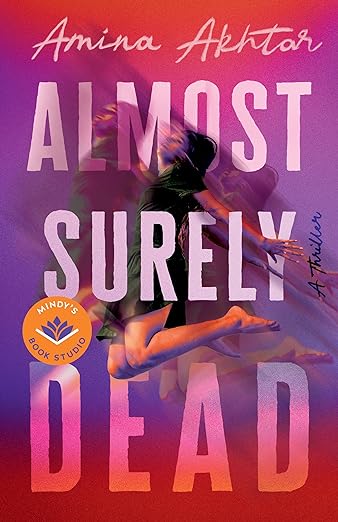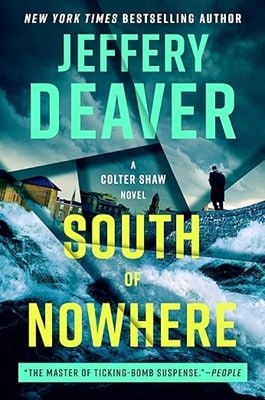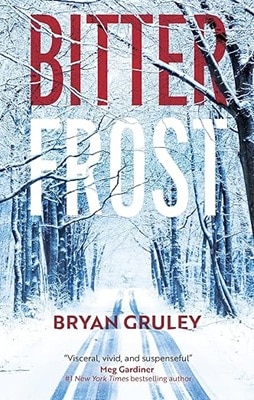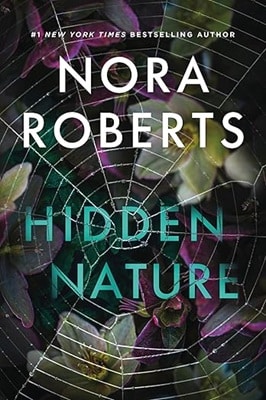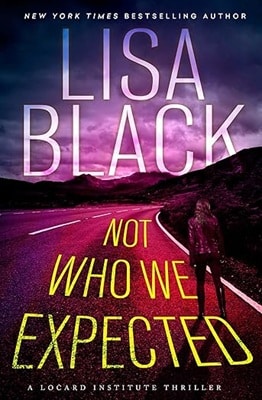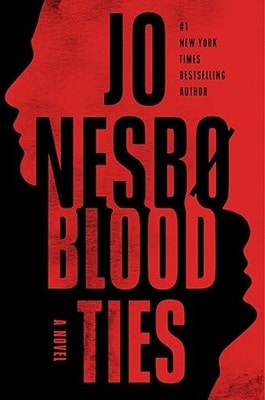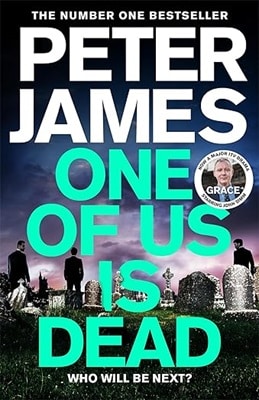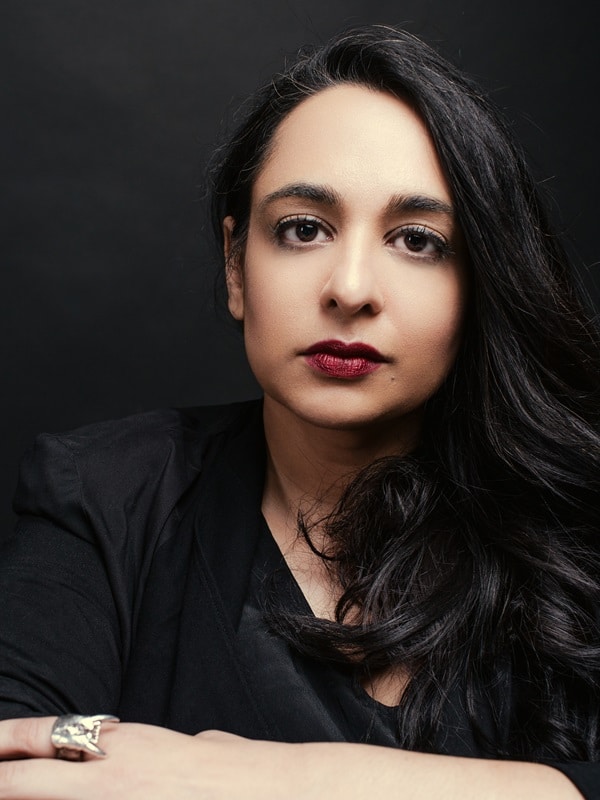
Q&A
Amina Akhtar
Amina Akhtar is a former fashion writer and editor. She’s worked at Vogue, Elle.com, Style.com, NYTimes.com, and NYMag.com where she was the founding editor of The Cut blog. She’s written for numerous publications, including Yahoo Style, Fashionista, xoJane, Refinery29, Billboard, and for brands like Bergdorf Goodman and H&M’s 10 Years of Style tome. After toiling in the fashion ranks for over fifteen years, she now writes full time in the desert mountains, where she’s detoxing from her once glam life. #FashionVictim is Amina’s first novel.
Q. What can you tell us about the inspirations for the supernatural aspect of the book and how your Desi culture influenced the story?
Amina: I grew up with a dad who loved telling me about jinn stories. Our family had personal experiences with them so he would really tell us them at night. He also had us all watch the Exorcist when I was four, and when I got scared he told me it was fine because he knew how to do exorcisms. Dad! I know. I also sleepwalk, and I wanted to write the creepiness of sleepwalking into a book.
Jinn are such a part of life in some areas that it’s almost shocking how little they’ve taken hold in pop culture here.
Q. Dunia has some similarities to Ronnie from Kismet—both characters come from challenging Desi family backgrounds, are deeply insecure and are trying to find their ways in the world in career and life in spite of their upbringings. What can you share about the origins of these characters?
Amina: I think when you’re a child of immigrants, you can feel like you’ve got a foot in both worlds and perhaps don’t belong to either fully. It’s definitely something I struggled with myself. I didn’t think I was Desi enough to tell these stories until I figured, well, why can’t I tell them? So my characters always feel like an outsider. Same with Anya in my first book who wasn’t Desi. It’s that sense of wanting to belong but you don’t.
I was always a bit of the black sheep and growing up in a community where you stand out can be bad. This was pre-internet days because I’m old. I think finding your people has become much easier with social media, but I like to pull on that sense of loneliness for my characters.
Q. Both Kismet and Almost Surely Dead have overbearing friends who at first seem too good to be true to the reader, and then they are. Do these storylines come from any real-world experience?
Amina: I’ve definitely met people who were inspirations for those characters. I’ve learned to give them a wide berth in my personal life.
Q. Is Almost Surely Dead a mystery, a thriller, a ghost story? Horror? A mash-up?
Amina: All of the above! It has elements of all of those things and more. I think it’s good to blur lines of genres, makes writing and reading more fun.
Q. Fashion, beauty and wellness have threads running through the storylines of all of your books; what can you share about your experience working as a fashion editor?
Amina: I worked in the fashion industry for almost two decades, so it’s definitely a part of my story. And because I know it well, it’s an easy career to use for characters. Though Dunia is pharmacist in this one so I hit up my sister who is a PharmD. But I wanted her friend Kendra to be more glamourous.
Q. You satirize the true crime podcast craze in your book. And the podcast also becomes a key storytelling aspect of the novel. Why was this of interest and importance to you?
Amina: We’ve all seen the way true crime has taken our culture by storm. But who owns the story? The person it happened to/involved in the crime or the people telling the story? There are some fantastic true crime podcasts by lawyers and real investigators (I’m thinking of Rabia Chaudry and Catherine Townsend, respectively). They are trying to tell a story and solve a case and help the people involved. But there are so many others out there who just want to score a deal with Netflix or something, and don’t care about the folks they’re telling stories about. I think it’s a very fine line to tread when it comes to podcasts.
Q. What do you hope readers take away from reading Almost Surely Dead?
Amina: I think it’s about time the wider American audience discovered jinn and the many, many, many stories we all have about them. But hopefully more Muslims will be the ones telling the stories. These are our stories and culture, we need to be the ones telling them. I hope the powers that be in publishing see the reaction people have to this book and give pub deals to more authors of color. There are so many stories out there that the wider audience hasn’t even heard of yet.
Q. What’s next for you?
Amina: I’m working on my next book which will dive into the world of Desi weddings and the obsession to get married. With murder, of course.

